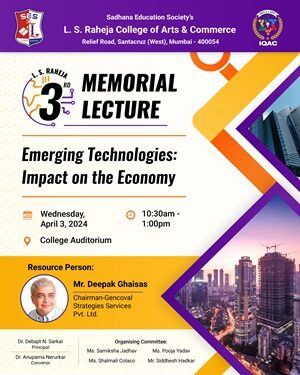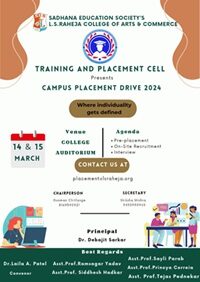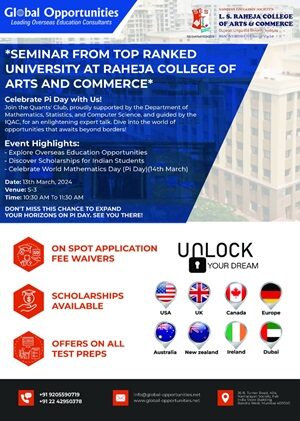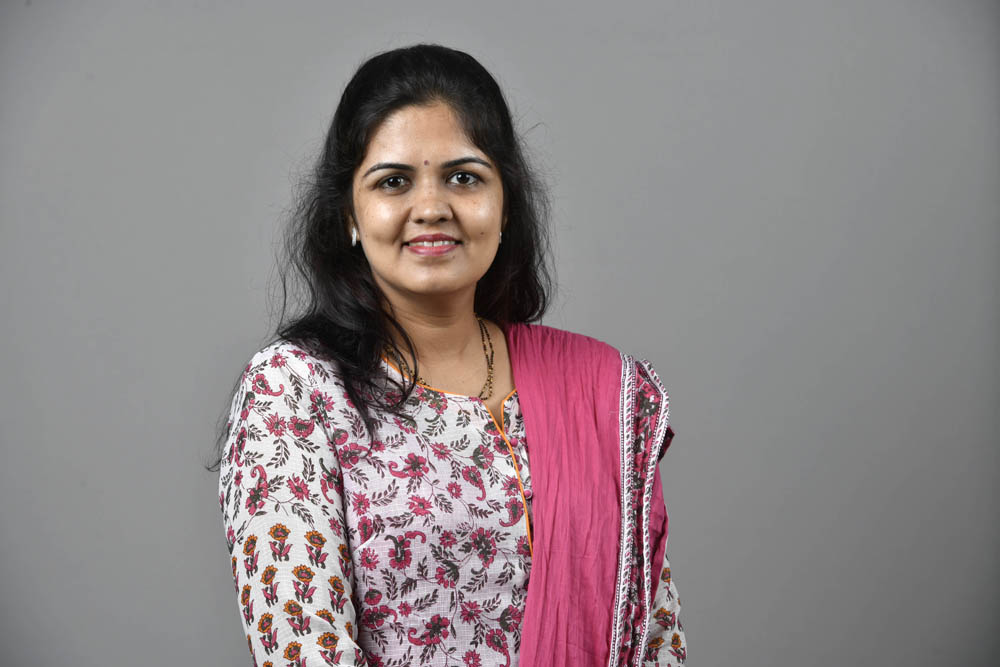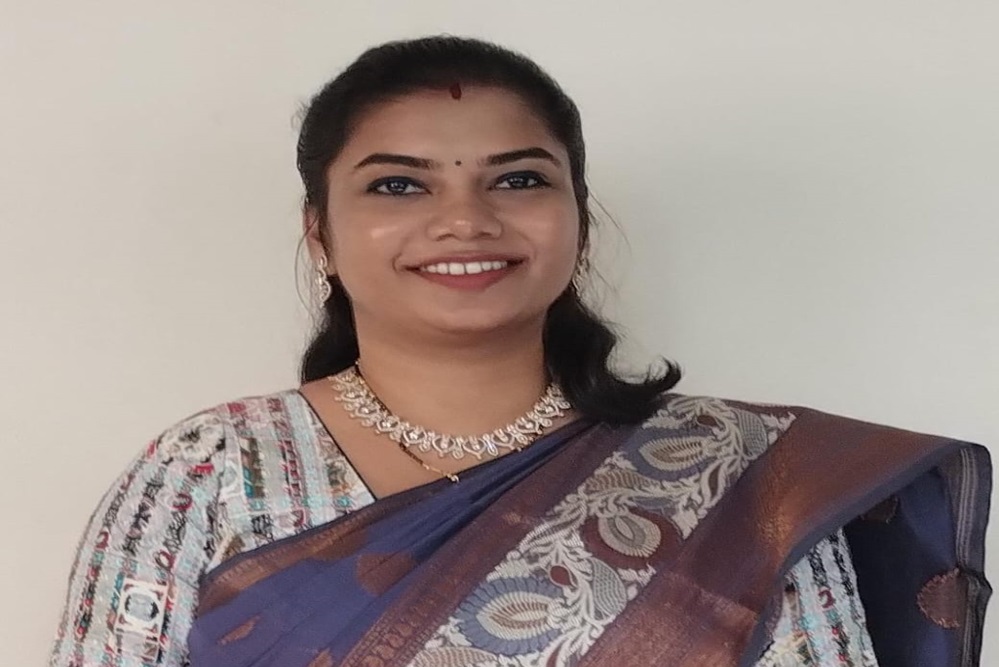The University of Mumbai started the Bachelor in Science in Information Technology (BScIT) programme in 2001. The programme to cater to the growing needs of corporate India also leads to the all-round development of software, design and research and development(R&D).
The B.Sc.-IT at University of Mumbai and its affiliated colleges aims to synergies Information Technology in all its ramifications.
To meet this objective the program is designed to provide basic inputs in various aspects of and a broad understanding of IT and its other interdisciplinary interfaces.
The focus of the program is “Information Technology and management of information technology.”
A look at successful businesses today reveals one strategic strand common to all they have evolved to become information enabled businesses. Smart businesses are turning to technology to guarantee them the extra edge needed to stay ahead of the pack. Information Technology’s role is fast emerging as a driver rather than an enabler of business. It is used from simple office automation to decision support, re-engineering and organization transformation .A new genre of managers who will harness the awesome capabilities of Information Technology, is required to tap the full potential of this tool. There is a pressing need for a program that can bridge the gap between managerial practices in Vogue and Information Technology so that business can be effectively managed.

